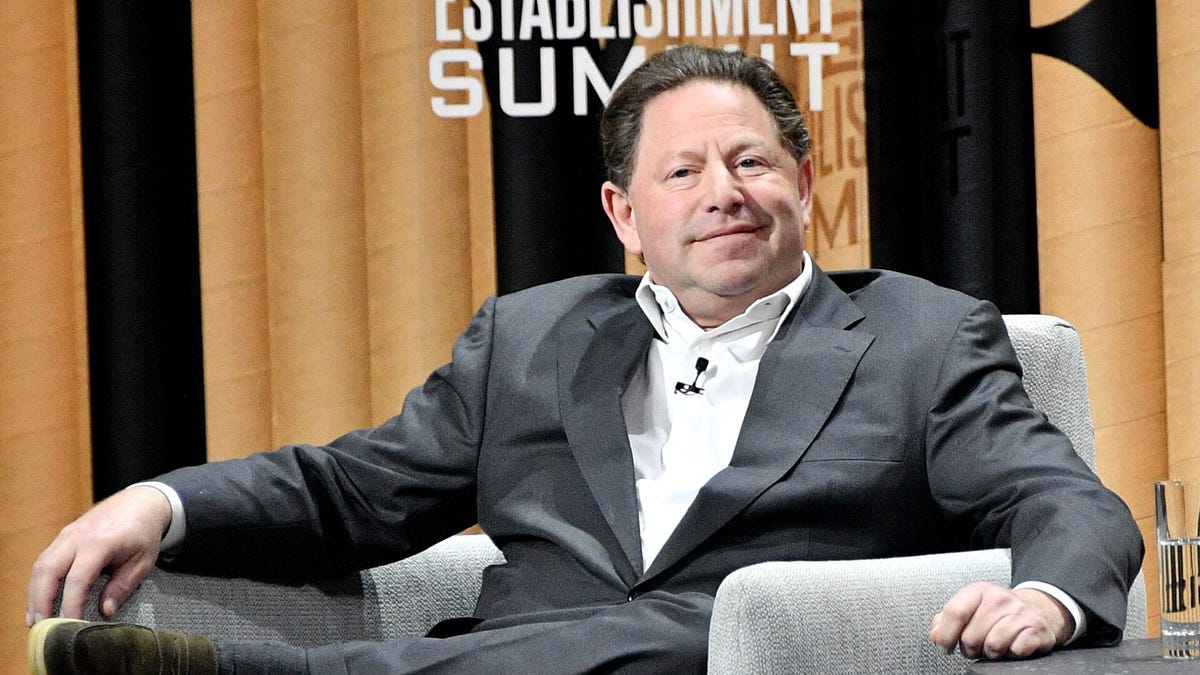D
Deleted member 11852
Guest
The issue of media exclusivity (or 'preferred licensing terms') is probably not going to change because the lobby who want to keep certain content exclusive, be it TV, movies or music, will ensure it stays that way. The argument for games being considered different from other media really only supports allowing platform exclusivity because it does actually cost most to put a game on additional platforms because development, testing and support come with real costs - unlike music, TV and movies which gave fixed production costs, and only revenue and profit streams differ.Perhaps so and that's why it's being raised now, but I find that hard to believe. MS was okay getting Japanese content for XB360. If they then felt a change and devs were declining that, they must have been able to get a sense of why from contacts. I won't say it's impossible and hopefully the industry will be fairer overall when this settles, but based on my current limited perception I continue to struggle to understand a world where MS was getting exclusive content, then not, yet being clueless why as Sony was blocking them from the shadows. Certainly I'm not taking either side's story at face value!
It's baffling that eleven senators are making the argument that exclusive content is endemic of anti-competitive behaviour when all three hardware manufacturers in the console industry have engaged in this practice for as long as they have been in it. So the narrative from Hoeg law that Sony have "set themselves up" applies equally to Microsoft who who the first manufactures have a Call of Duty exclusivity market deal.



